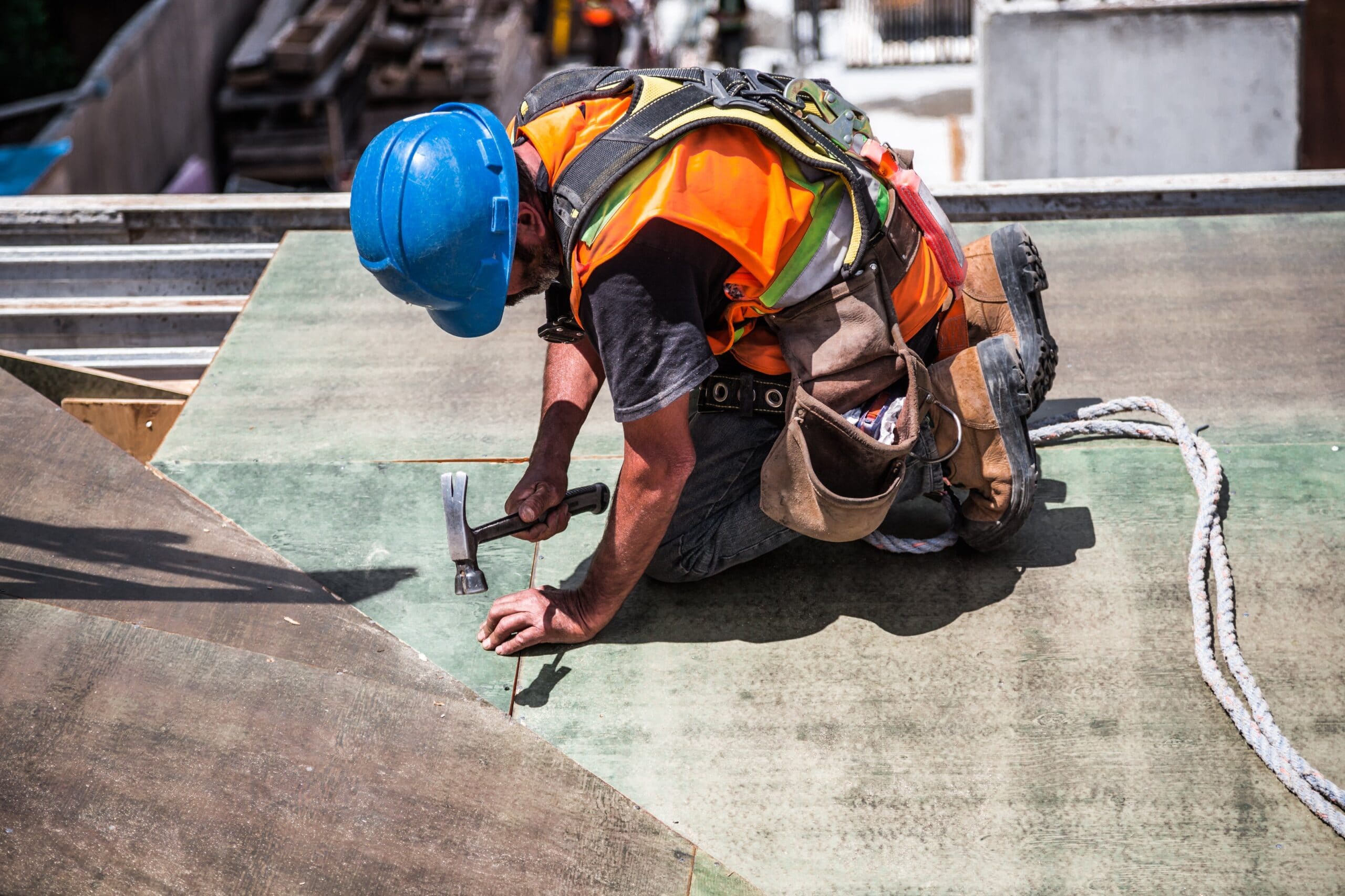
Home Depot and the CRA
In July of 2019, the Canada Revenue Agency used the “unnamed person requirement” to obtain a Federal Court order compelling Home Depot to disclose customer information to the CRA.
The CRA started its application for the information in 2016, but the application was put on hold while Rona disputed a similar application. Rona fought the CRA all the way to the Federal Court of Appeal, where it lost. It attempted to appeal the case to the Supreme Court of Canada, but leave to appeal was denied.
At that point, Home Depot informed the CRA that they would not challenge the application.
In September of 2019, Home Depot sent out letters to the customers affected, notifying them that their information would be provided to the CRA.
Who is Involved in this Request?
This involves customers who used Home Depot’s commercial credit card program between January 1, 2013 and December 31, 2016.
What Information and Documentation is being sent to the CRA?
Home Depot was compelled to disclose the identity, address, and the total annual amount spent by each customer.
What is the “Unnamed Person Requirement”?
The “unnamed person requirement” (UPR) found in the Income Tax Act is often utilized by the CRA to obtain information related to taxpayers from third parties.
As long as there is reasonable evidence that tax evasion is occurring, the CRA will likely succeed in obtaining the information requested.
UPR is often used by the audit division within the CRA in order to obtain information on taxpayers. The CRA has multiple options on how to obtain information during audit.
Why is the CRA doing this?
This is an example of the CRA’s latest attack on the underground economy. The CRA is targeting cash industries to discover businesses engaged in tax evasion. A Statistics Canada report released in 2018 found the underground economy accounted for $51.6 billion in 2016, or 2.5% of gross domestic product. Residential construction accounted for 26.6% of that.
The CRA has previously obtained a list of municipal building permits in order to discover unregistered building subcontractors. Their review of 8,396 building permits yielded 2,751 unregistered building contracts.
What Happens Now?
The CRA will use this information to attempt to find Home Depot commercial customers who have avoided filing accurate returns due to the fact that they work in a cash industry.
The CRA will look at the amounts that businesses spent at Home Depot and assess whether the revenue reported to the CRA on tax returns was reasonable in comparison. For example, if a business purchased $100,000 worth of items from Home Depot, but only declared $20,000 in revenue, this would likely be flagged to further review by the CRA audit division.
This will likely result in many businesses involved in construction being audited.
What if I am Affected?
If you are audited by the CRA, you should follow our guide on how to survive an audit.
Businesses or individuals who believe themselves to be at risk from the disclosure of third-party information to the CRA should consider applying to the CRA’s voluntary disclosure program in order to avoid prosecution and gross negligence penalties.
If you are worried about being audited or are considering applying for the voluntary disclosure program, contact our firm for a free consultation. We are here to help!
**Disclaimer
This article provides information of a general nature only. It does not provide legal advice nor can it or should it be relied upon. All tax situations are specific to their facts and will differ from the situations in this article. If you have specific legal questions you should consult a lawyer.

